Complaint and dispute resolution process
As a Trading Standards vetted Trusted Trader, all members have agreed to abide to a dispute resolution process as set out in the Trusted Trader Code of Practice.
However, if the trader is a member of another Alternative Dispute Resolution (ADR) service through a Trade Association or other body, complaints may be referred to that service for independent adjudication.
Overview
If a consumer is unhappy with any work carried out by a member of the scheme, then they need to follow the complaints process detailed below. This is managed by Trusted Directory Services (TDS) and overseen by Trading Standards. If the complaint can not be resolved, then the scheme may suggest the use of an Alternative Dispute Resolution (ADR) service. The schemes recommended ADR service is provided by Kent County Council Trading Standards.However, if the trader is a member of another Alternative Dispute Resolution (ADR) service through a Trade Association or other body, complaints may be referred to that service for independent adjudication.
Trusted Trader complaint process
- in the event of any dispute or complaint between a trader and consumer, both parties should try and resolve the issue directly
- if the consumer remains unsatisfied, then they must request a copy of the trader’s complaint process
- any details of the complaint or issue needs to be made in writing to the trader. This can be either as an e-mail or as a letter. This document will form the basis of the complaint
- the trader must be allowed a chance to respond and offer a solution or resolution to the complaint
- if the complaint remains unresolved, or communication has broken down, either party may contact TDS with details of the complaint and request assistance
- TDS will respond to both parties within five working days
- TDS will consider the complaint, and where appropriate provide a recommendation to attempt to resolve the dispute
- Trusted Trader members must communicate fully with TDS staff throughout the process of dealing with any dispute
- any dispute which cannot be resolved by informal means will be referred back to the trader, who will send a final deadlock letter. This will set out their final position and any final offer
- the consumer may then accept or decline the deadlock offer. If declined, Trading Standards will review the case to ensure the complaints process has been followed correctly and confirm informal mediation has been exhausted
- after this, Alternative Dispute Resolution (ADR) providers will be suggested. The scheme recommends using the service provided by Kent County Council Trading Standards. More information can be found here: www.kent.gov.uk/disputeresolution. ADR can be a cheaper alternative to court, where consumers and businesses can resolve their disputes
- other ADR providers can be found on the Chartered Trading Standards Institute website
- There can be fees involved when using ADR and both parties need to agree, but any judgement will be legally binding.
Responding to a complaint
- TDS will ensure every complaint and dispute is investigated impartially
- traders and consumers must fully cooperate with requests for assistance relating directly to the complaint or dispute
- remember to keep all responses professional and factual
- if attempts at mediation prove unsuccessful, then the case will be reviewed by Trading Standards who may then recommend utilising an ADR service.
If you are unhappy with a decision
If you are unhappy with how a Trusted Trader complaint has been handled or any decision, please address your complaint in writing to:
Renfrewshire Trusted Trader
Attn Serious Organised Crime & Trading Standards Manager
Renfrewshire Council
Communities & Housing Services
Trading Standards & Licensing
Renfrewshire House
Cotton Street
Paisley
PA1 1JD
Attn Serious Organised Crime & Trading Standards Manager
Renfrewshire Council
Communities & Housing Services
Trading Standards & Licensing
Renfrewshire House
Cotton Street
Paisley
PA1 1JD


